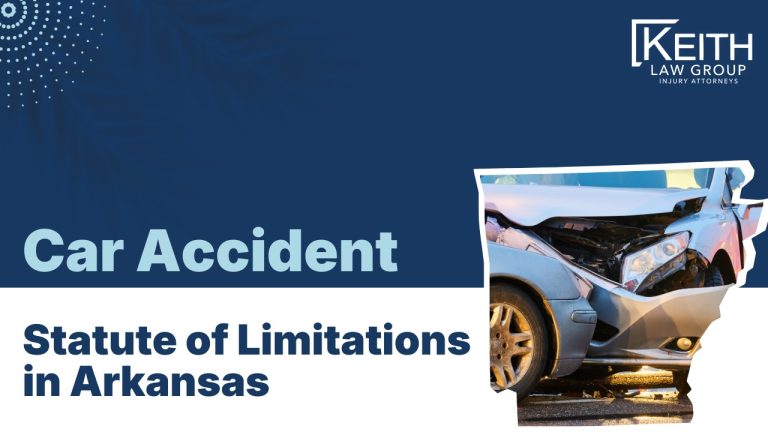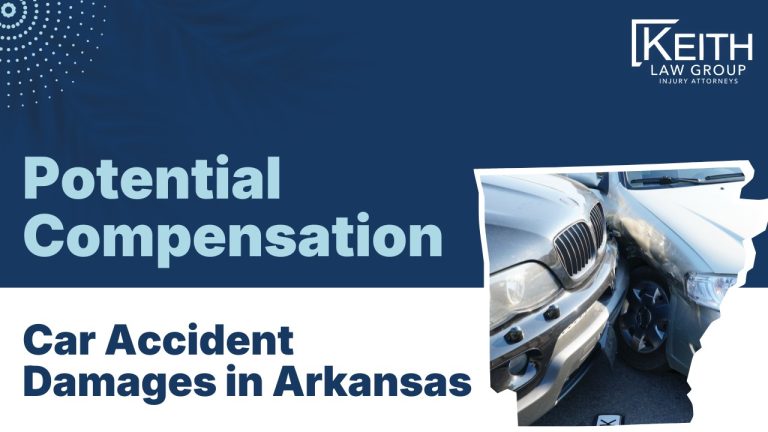- Published:
- Last Updated: July 26th, 2023

Attorney Sean T. Keith has been a personal injury lawyer for 30+ years, a nationally recognized Top 100 Trial Lawyer, and top car accident lawyer & motor vehicle accident lawyer in Arkansas.
Legally Reviewed
This article has been written and reviewed for legal accuracy and clarity by the team of writers and attorneys at Keith Law Group and is as accurate as possible. This content should not be taken as legal advice from an attorney. If you would like to learn more about our owner and experienced injury lawyer, Sean T. Keith, you can do so here.
Fact-Checked
Keith Law Group does everything possible to make sure the information in this article is up to date and accurate. If you need specific legal advice about your case, contact us. This article should not be taken as advice from an attorney.
Sean Keith's Accollades & Practice Areas He Specializes In
- Over $20 Million recovered in Medical Device Injury Lawsuits.
- Over $13 Million recovered in Car Accident Lawsuits and other Motor Vehicle Accident Lawsuits.
- Over $100 Million recovered in total on behalf of clients.
- Sean represents clients in cases involving personal injuries, car accidents, motorcycle accidents, truck accidents, wrongful death, slip and falls, nursing home abuse cases, nursing home elopement cases, and more.
Statutory Rules For Arkansas Personal Injury Lawsuits
If you have been in a not-at-fault car accident and have suffered from defective medical product malpractice or any other personal injury case in Arkansas, you have the right to seek compensation by filing a personal injury lawsuit.
If you think of filing one and have some doubts, like which state law applies to your case, here is some of the basic information that can clear your doubts.

Table of Contents
Statute of Limitations in Arkansas
There is a stipulated period within which you can file a personal injury lawsuit in Arkansas, like in every other state.
In Arkansas, this statute of limitation or the deadline is set for three years.
This means you can file a personal injury lawsuit within three years from the accident date.
In case the injuries become visible a long time after the accident, the three years are considered starting from the date of ‘discovery’ of the injury.
This usually happens in defective product injuries.
For instance, in the case of Taxotere lawsuits, talcum powder lawsuits, or similar, the side effects are seen years after continuously taking the prescription.
Also, in cases where the personal injury lawsuit is filed against an Arizona state government state, city, or country, the statute of limitation in such cases is five years.
Comparative Fault Rule
Arkansas also follows a comparative fault rule in cases where the party at fault is not clear.
This usually happens in case of car accidents.
In certain cases, the accident doesn’t entirely happen because of the fault of one person or party.
Both the parties involved in the accident may either be equally or partially at fault.
In such cases, to ascertain the amount of compensation, the comparative fault rule is used.
Arkansas uses the “modified comparative fault rule” for such personal injury cases.
For instance, if you are proven 20% at fault in a car accident, the other person is considered 80% at fault.
Let’s say, your total damages that occurred due to the accident amount to $10,000. According to the modified comparative fault rule, you will receive $8000 as compensation from the other party.
The $2000 gets deducted as you were 20% at fault for the accident.
There is another essential thing to note that is used to decide if you are entitled to recover or pay for the damages.
If you are less than 50% responsible for an accident, you have the right to receive damages for the remaining percentage from the other party.
However, if you are more than 50% responsible i.e., say 60%, you will not be entitled to receive compensation.
In fact, you will have to pay the same percentage of damages to the other party.
Thirdly, this rule is applied by the Arkansas court during negligence cases.
However, you and your attorney should be ready to prove 100% not at fault in an accident.
There are chances the insurance adjuster of the other party may come up with comparative fault during negotiations.
Don’t fall for the settlement, as this will reduce the compensation you are rightfully entitled to.
Arkansas Auto insurance Laws
Like most states, Arkansas is a “fault” or “at fault” state.
There are three (3) options available with injured drivers in Arkansas:
- They may choose to claim compensation from the insurance company (if the vehicle was insured)
- They may seek compensation from the other party by filing a lawsuit
- They may seek compensation from another party’s insurance company
Arkansas Laws Regarding Injuries Caused by Dog or Animal
Arkansas follows no specific personal injury law in case of dog bites.
The dog (or the animal) owner is held liable for the injury caused, provided the injured person is able to prove his innocence or prove that the “animal is dangerous.”
Arkansas follows a “one bite” rule, according to which the dog owner is provided one free bite before getting involved in a legal case.
Damage Caps in Injury Lawsuits
Arkansas follows no damage caps for personal injury laws.
This means there is no limit up to which the plaintiff can get compensated in a personal injury case.
Usually, a specific limit is applied for ‘non-economic injuries like damages caused due to pain, suffering and emotional trauma.
According to Arkansas Constitution Article 5, Section 32, there are no caps on damages caused in personal injury cases.
This was a brief round-up on statutory roles in Arkansas.
To learn more about personal injury lawsuits in Arkansas and how we can help you with our services, contact us today.
Practice Areas
You pay
Nothing
unless we win
Do You Have A Case?
Recent Legal Posts & Articles
Recent Legal Guides

Choose Us For Your Personal Injury Case
- Available 24/7
- No Upfront Fees
- Free Case Evaluation
- No Fees Unless We Win!















